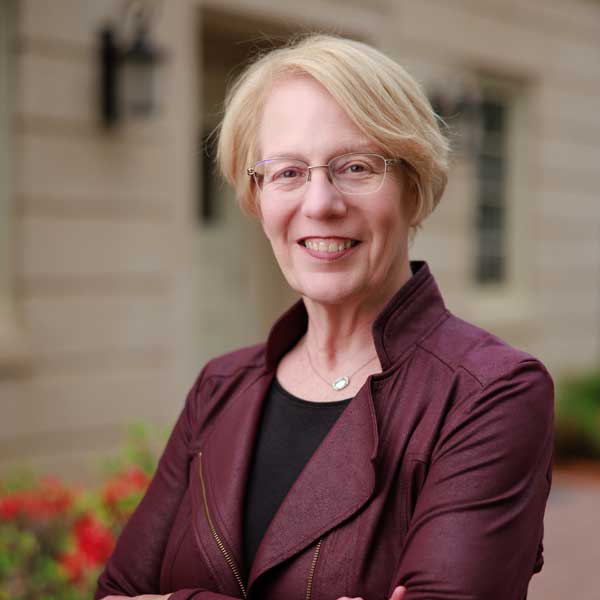
The University of Alabama College of Education holds fast to its charter, expressed in 1844, which notes a commitment to coursework “with particular instruction in the art and business of a teacher.” The work of the College today extends considerably across various disciplines, vibrant in its outreach and service efforts and moving in the lives of not only schoolchildren and school practitioners, but in the community as well. In addition to teaching, the college’s booming exercise science program is educating students to move into the health profession to help improve people’s well-being. We are fundamentally an interventionist College that uses its tools of research and teaching to engage the public and its problems.
The results of our work can be seen in multiple ways. We offer, for instance, programs working with young adults who have cognitive disabilities to foster success in literacy across the state of Alabama by actively involving ourselves with parents and school professionals on reading achievement concerns. The College is empowering adolescents in juvenile justice facilities and residential treatment centers toward promising futures by providing behavioral and academic instruction. We are a leading light in supporting the education of young adults with ambulatory disabilities and in assisting infants and toddlers with special needs and their families. We use our state-of-the-art laboratories to further understand human physiology during exercise and physical activity as well as to examine cognitive and behavioral functions in relation to learning. We are also the home of the Alabama Superintendents’ Academy, providing in-service training for sitting and aspirational superintendents across the state.
The College of Education strives to serve our community and seek ways to better the lives of children, teachers, educational leaders, parents, and families across Alabama.
Joyce Alexander, PhD
Dean
